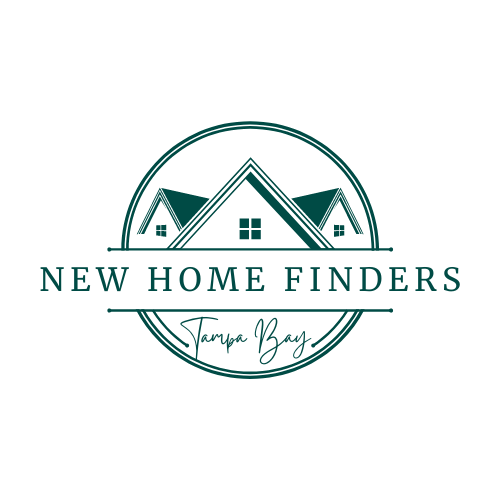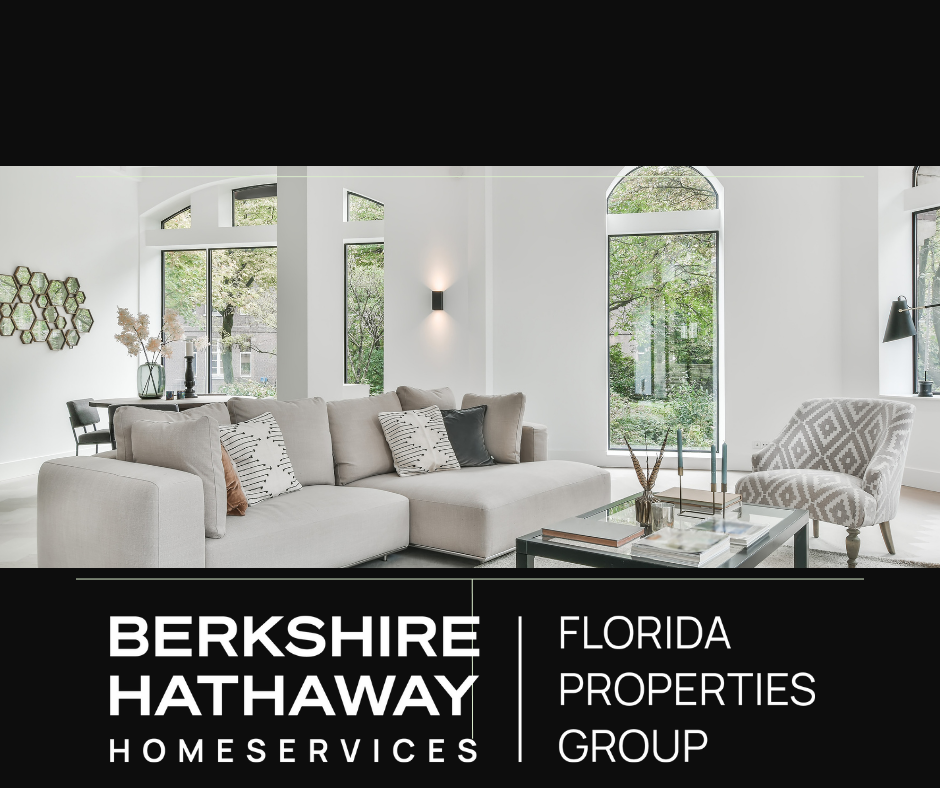Tampa Bay New Home Finders
HOA Restrictions in New Construction Home Communities
Welcome to our series on the advantages and disadvantages of buying a new construction home. Over the course of the next two weeks we will share thoughts you may not have considered. (Excerpt from "The New Home Navigator" available on Amazon)
DISADVANTAGE: HOA RESTRICTIONS
Homeowners' associations (HOAs) are a common feature of new construction communities. While HOAs help maintain the appearance and value of the community, they also come with restrictions that can affect your lifestyle. In this post, we will discuss the typical restrictions imposed by HOAs, the benefits and drawbacks of living in an HOA community, and tips for navigating these rules to ensure a harmonious living experience.
Understanding HOA Restrictions
HOAs establish rules and regulations that homeowners must follow to maintain the overall appearance and quality of the community. Common HOA restrictions include:
- Architectural Guidelines: HOAs often have rules regarding the exterior appearance of homes, including paint colors, landscaping, and structural modifications. This ensures a uniform look throughout the community.
- Landscaping Standards: HOAs may dictate how lawns and gardens should be maintained, including the types of plants allowed and the height of grass.
- Vehicle Parking: Restrictions on where and how many vehicles can be parked on the property are common. This can include prohibitions on parking RVs, boats, or commercial vehicles in driveways or on the street.
- Pet Policies: Some HOAs have rules regarding the number and types of pets allowed, as well as requirements for pet care and waste disposal.
- Noise Regulations: HOAs may impose noise restrictions to ensure a peaceful living environment for all residents. This can include limits on loud activities during certain hours.
Benefits of HOA Restrictions
While HOA restrictions can feel limiting, they offer several benefits:
- Maintained Property Values: By enforcing uniform standards, HOAs help maintain property values within the community. Well-kept homes and common areas can enhance the overall appeal of the neighborhood.
- Community Amenities: Many HOA communities offer amenities such as swimming pools, fitness centers, parks, and clubhouses. The maintenance of these amenities is funded by HOA fees and benefits all residents.
- Enhanced Curb Appeal: Consistent landscaping and exterior maintenance contribute to the community's curb appeal, creating an attractive and welcoming environment.
- Conflict Resolution: HOAs provide a formal process for resolving disputes between neighbors, helping to maintain a harmonious living environment.
Drawbacks of HOA Restrictions
Despite the benefits, HOA restrictions can also have drawbacks:
- Limited Personal Freedom: HOAs can limit your ability to make changes to your home or property, which can be frustrating if you prefer a more personalized approach to homeownership.
- Additional Costs: HOA fees add to your monthly expenses and can increase over time. It's important to budget for these costs when considering a home in an HOA community.
- Strict Enforcement: Some HOAs are very strict about enforcing rules, which can lead to conflicts and fines for non-compliance.
- Decision-Making Power: As a homeowner, you may have limited input into the HOA's decisions. Major changes or projects may be decided by the HOA board without your direct involvement.
Tips for Navigating HOA Restrictions
- Read the CC&Rs: The Covenants, Conditions, and Restrictions (CC&Rs) document outlines all the rules and regulations of the HOA. Read it thoroughly before purchasing a home to ensure you understand and agree with the guidelines.
- Communicate with the HOA: Maintain open communication with the HOA board and attend meetings to stay informed about community decisions and changes.
- Get Involved: Consider joining the HOA board or committees to have a say in the decision-making process and help shape the community's future.
- Follow the Rules: Adhere to the HOA rules to avoid fines and conflicts. If you have concerns about specific restrictions, discuss them with the HOA board to seek potential modifications or exemptions.
- Seek Legal Advice: If you encounter significant issues with the HOA, consider consulting a legal professional to understand your rights and options.
Navigating HOA restrictions in new construction communities requires understanding the rules, communicating effectively with the HOA, and balancing the benefits and drawbacks. By staying informed and involved, you can ensure a positive living experience in your new home.
Be sure to visit each day to continue reading the advantages and disadvantages of purchasing a new construction home.
If you are considering purchasing a new construction home and would like to ask questions, schedule a discovery call today with one of us or our designated New Home Specialists.
To Purchase "The New Home Navigator" visit Amazon here!
If you are considering purchasing a new construction home and would like to ask questions, schedule a discovery call today with one of us or our designated New Home Specialists.
Carla Goddard | East Pasco Living Team Lead | Operations Director Builder Services
Graduate, REALTOR® Institute | Residential Specialist | BHHS-Certified New Home Specialist | Certified National Home Specialist – Residential Construction Certified (CNHS-RCC) | NHCB Certified New Homes Co-Broker |BHHS-Certified eCertified® Specialist | BHHS-Certified rCertifiedSM Referral and Relocation Specialist | Tampa Bay Builder Services Manager
📧email: carla@eastpascoliving.com
📲text/call 813.716.4498
Follow us




